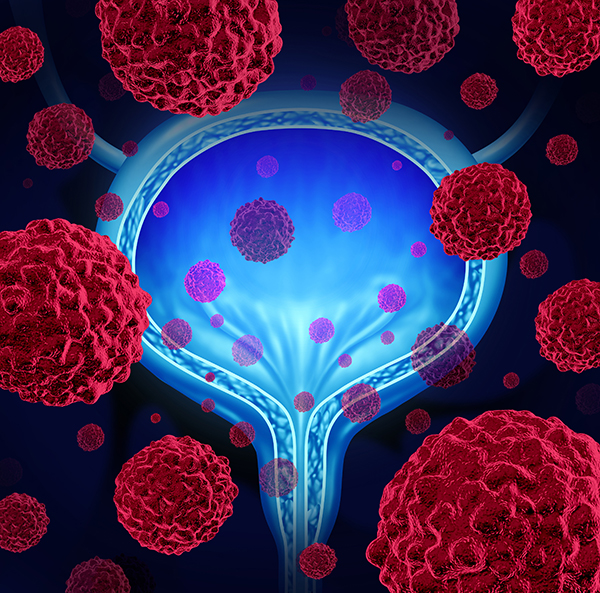Ferring Pharmaceuticals said today it has acquired the option to secure global commercialization rights to FKD Therapies’ Phase III bladder cancer gene therapy candidate nadofaragene firadenovec/Syn3, or rAd-IFN/Syn3, through an agreement whose value was not disclosed.
Ferring said the option would be exercisable upon marketing approval from the FDA. The company appears confident of such approval, since it also said it will create a new U.S. oncology division “with the specialist knowledge and presence to introduce novel advanced therapies to the market.”
Nadofaragene firadenovec/Syn3 is a nonreplicating recombinant adenovirus type 5 (Ad5)-vector encoding the interferon-α2b (IFN-α2b) gene, combined with the excipient Syn3. It infects nearby tumor cells and expresses IFN-α2b intracellularly, which activates the transcription and translation of genes whose products mediate antiviral, antiproliferative, antitumor, and immune-modulating effects.
The FDA has awarded its Fast Track and Breakthrough Therapy designations to nadofaragene firadenovec/Syn3, which is being developed to treat patients with high-grade nonmuscle-invasive bladder cancer (NMIBC), who are unresponsive to Bacillus Calmette-Guérin (BCG) therapy.
Nadofaragene firadenovec/Syn3 is the subject of a Phase III open-label study that was launched in 2016, and is projected to enroll up to 150 participants across 35 centers in the U.S. (NCT02773849). The trial was recruiting patients as of April 12, according to ClinicalTrials.gov, and has an estimated primary completion date is June 2019.
The treatment has completed three clinical trials in the U.S. to date.
Building a Presence
“The gene therapy sector is growing rapidly and building a presence in this specialized area is a very positive opportunity for Ferring,” Michel Pettigrew, president of Ferring’s Executive Board and COO, said in a statement. “We are excited about the potential to commercialize rAd-IFN/Syn3, a novel gene therapy for bladder cancer patients.”
FKD cited earlier studies showing that more than 60% of high-grade NMIBC cases eventually reoccur despite treatment with the standard of care, BCG—a population of high unmet clinical need, the company reasons. Outcomes for such patients are poor, since the next treatment option is a total cystectomy designed to prevent the cancer spreading to other organs.
FKD acquired nadofaragene firadenovec/Syn3 in 2011 when it acquired an exclusive license to develop and commercialize the gene therapy portfolio of Merck & Co. for an undisclosed price.
Last year, the Society of Urologic Oncology and the Society of Urologic Oncology Clinical Trials Consortium (SUO-CTC) published a study reporting positive results from an earlier Phase II trial (NCT01687244) showing the potential effectiveness of nadofaragene firadenovec/Syn3 in patients with high-grade, BCG refractory or relapsed NMIBC.
The SUO-CTC study reported that BCG-unresponsive NMIBC bladder cancer patients who were given one dose of nadofaragene firadenovec/Syn3 every three months were free of high-grade disease one year after treatment—more than a three-fold improvement in recurrence-free survival compared to valrubicin, which is marketed as Valstar® by Endo Pharmaceuticals.
“Phase II clinical results for rAd-IFN/Syn3 were very encouraging, and we look forward to the Phase III data,” added Ferring CMO Prof. Klaus Dugi, M.D.


